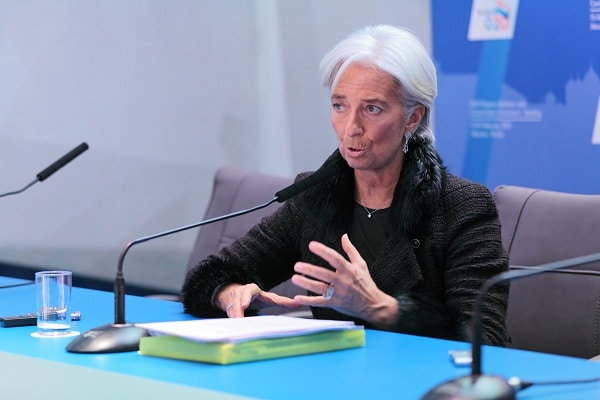IMF MD calls for international arrangement for central bank digital currencies (CBDCs).

The IMF's Georgieva stressed global readiness for CBCCs at the Singapore FinTech Festival. CBCCs are financial substitutes, enhance resilience and promote financial inclusion. The IMF promotes the CBCC Handbook and acknowledges the BIS's role in global digital finance experiments.
In a persuasive speech at the Singapore FinTech Festival, International Monetary Fund (IMF) Managing Director Kristalina Georgieva urged people to prepare for central bank digital currencies (CBDCs).
Georgieva notes that widespread adoption of CBDCs is still on the horizon, but she is disappointed that 60% of countries are currently exploring these digital currencies in some capacity.
CBDCs instead of cash
Georgieva emphasized that CBDCs have the potential to replace traditional cash, providing greater resilience in advanced economies and increasing financial inclusion in unbanked communities. According to her, CBCCs can coexist with private funds as a safe and cost-effective alternative.
The head of the IMF emphasized the important role of technological infrastructure in CBCC projects, emphasizing the protection of personal data and considering the integration of artificial intelligence (AI) to develop national digital currencies. She emphasized the importance of CBDCs being planned to facilitate cross-border payments, solving the current problems of cost, slowness and accessibility.
Georgieva's argument comes amid concerns that CBDCs risk attracting counterfeiters and cybercriminals.
IMF CBDC virtual handbook and collaborative efforts with BIS
During the event, Kristalina Georgieva introduced the IMF's CBCC virtual guidebook, which is a milestone in the ongoing discourse around the global adoption of digital currencies. She also acknowledged the key role of the Bank for International Settlements (BIS) in supporting the public sector's experimentation with digital currency.
In recent initiatives, the IMF has engaged in analysis of key crypto regulations, providing a Crypto-Risk Assessment Matrix (C-RAM) aimed at helping countries identify potential risks in the cryptocurrency sector.
The IMF and BIS collaborative effort, as outlined in the Synthesis Paper, was unanimously endorsed by the G20 Finance Ministers and Central Bank Governors Communication in October, demonstrating the growing global interest and commitment to shaping the future of digital finance.














